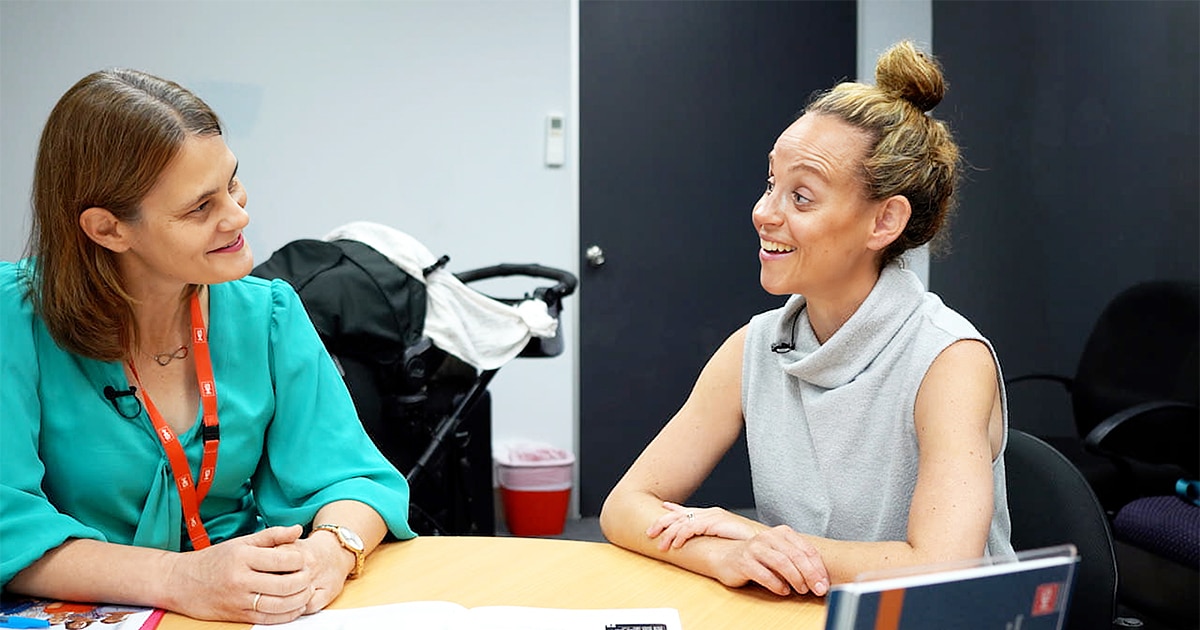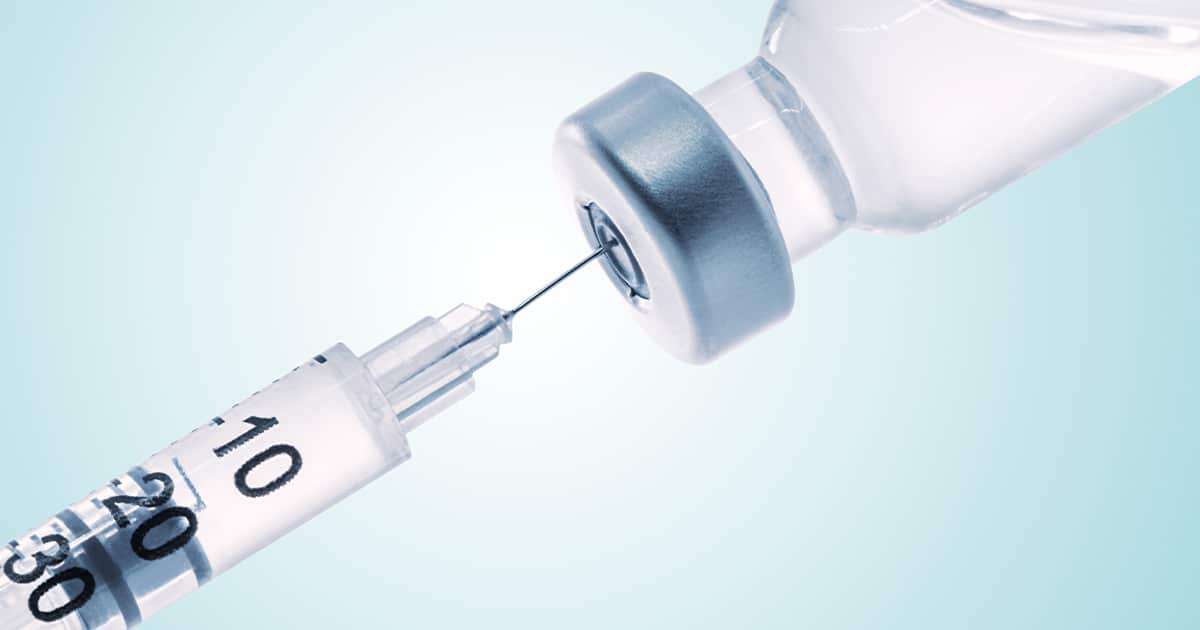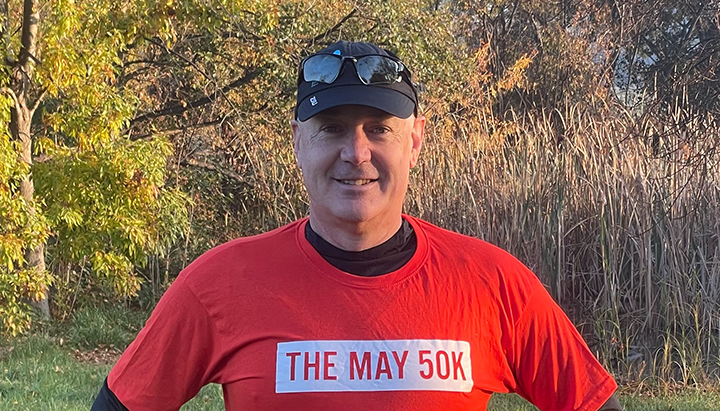
MS Australia joins with international counterparts to commit to a shared global research strategy to accelerate cures for MS
MS Australia, together with Multiple Sclerosis organisations from Canada, Denmark, France, Germany, Italy, MS International Federation, Spain, U.K., and the U.S. have jointly declared their collective commitment to a global research strategy to cure MS.








